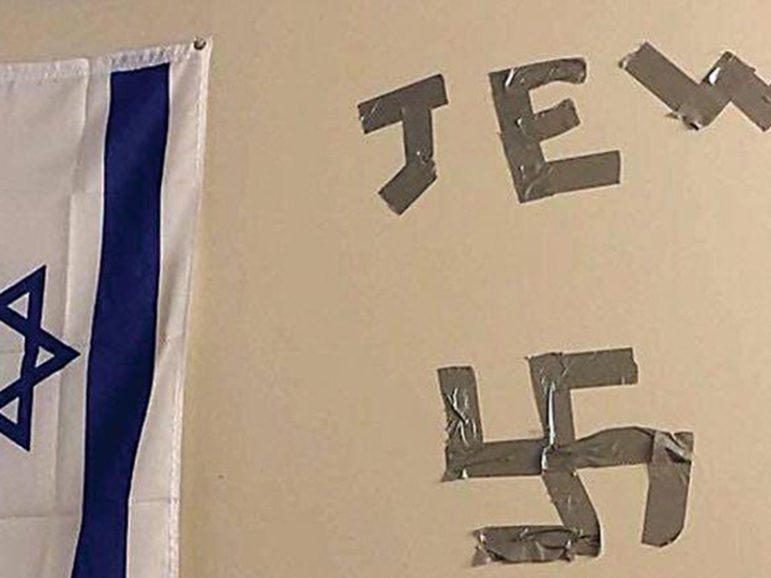WASHINGTON (RNS) Religious freedom advocates are mounting last-ditch efforts to persuade the Trump administration to preserve its envoy to combat anti-Semitism.
According to reports, closure of the Office to Combat and Monitor Anti-Semitism is slated for Saturday (July 1). And Secretary of State Rex Tillerson has testified that his department is taking a “pause” and may not fill the job, created by Congress in 2004.
Jewish and other human rights groups are lobbying the administration on social media and through petitions, including one sponsored by the Anti-Defamation League.
If @Secy_State_US talks to experts inside & outside @USDOS he’ll understand why there is consensus on #antisemitism envoy.
— Ira Forman (@IraForman) June 15, 2017
Sens. Marco Rubio, R-Fla., and Kirsten Gillibrand, D-N.Y., recently introduced a bill to raise the envoy to the status of an ambassador.

Religious freedom advocate Katrina Lantos Swett leads a panel for the opening of the In Defense of Christians national convention on Sept. 7, 2016, in Washington, D.C. RNS photo by Adelle M. Banks
Tillerson will soon receive a letter from Katrina Lantos Swett, whose father sponsored the legislation that created the position 13 years ago.
“It’s baffling to me that a time when we all acknowledge that anti-Semitism is a huge problem worldwide, that there wouldn’t be great eagerness to move swiftly to fill this post,” said Lantos Swett, president of the Lantos Foundation for Human Rights and Justice and daughter of the late U.S. Rep. Tom Lantos, the only Holocaust survivor to have served in Congress.
“Given the fact that it was my late father who was responsible for creating the post, I hope that perhaps that will be helpful in reaching Secretary Tillerson and persuading him not to make an unnecessary mistake,” she added.
[ad number=”1″]
At a congressional hearing on June 14, Tillerson was asked directly about the administration’s intentions with the envoy’s position. He said he wondered whether the job doesn’t inadvertently undermine State Department efforts to counter anti-Semitism, in that it relieves pressure on everyone outside the envoy’s office to take on the issue.
“One of the questions I’ve asked is, if we’re really going to affect these areas, these special areas, don’t we have to affect it through the delivery on mission at every level at every country?” Tillerson said. “And by having a special person, an envoy out here, one of my experiences is, mission then says, ‘Oh, we’ve got somebody else that does that,’ and then they stop doing it.”
“That’s a sincere concern,” Lantos Swett said of Tillerson’s remarks. “But it’s a misplaced concern.”
A point person on anti-Semitism gives the issue greater prominence and strengthens other offices’ ability to grapple with the problem, she said.
[ad number=”2″]
Anti-Semitic incidents have spiked in the U.S., Europe and elsewhere in recent years.
Though the Trump administration can’t abolish the envoy’s position — only Congress can do that — it can decide to keep it vacant.
Lantos Swett and other advocates are also concerned that Trump will be slow to fill a related position: the ambassador-at-large for international religious freedom.
[ad number=”3″]
David Curry, president of Open Doors USA, a Christian group that monitors religious persecution worldwide, recently made that point in an op-ed on Fox News’ website.
Evangelical Christians are trying to be patient on international religious liberty issues, he wrote.
“But with the lack of key appointments in the State Department on religious liberty — there has been no whisper of a new ambassador-at-large for international religious freedom, and rumor has it that it could be empty until at least the fall of this year — that patience will not last forever.”





